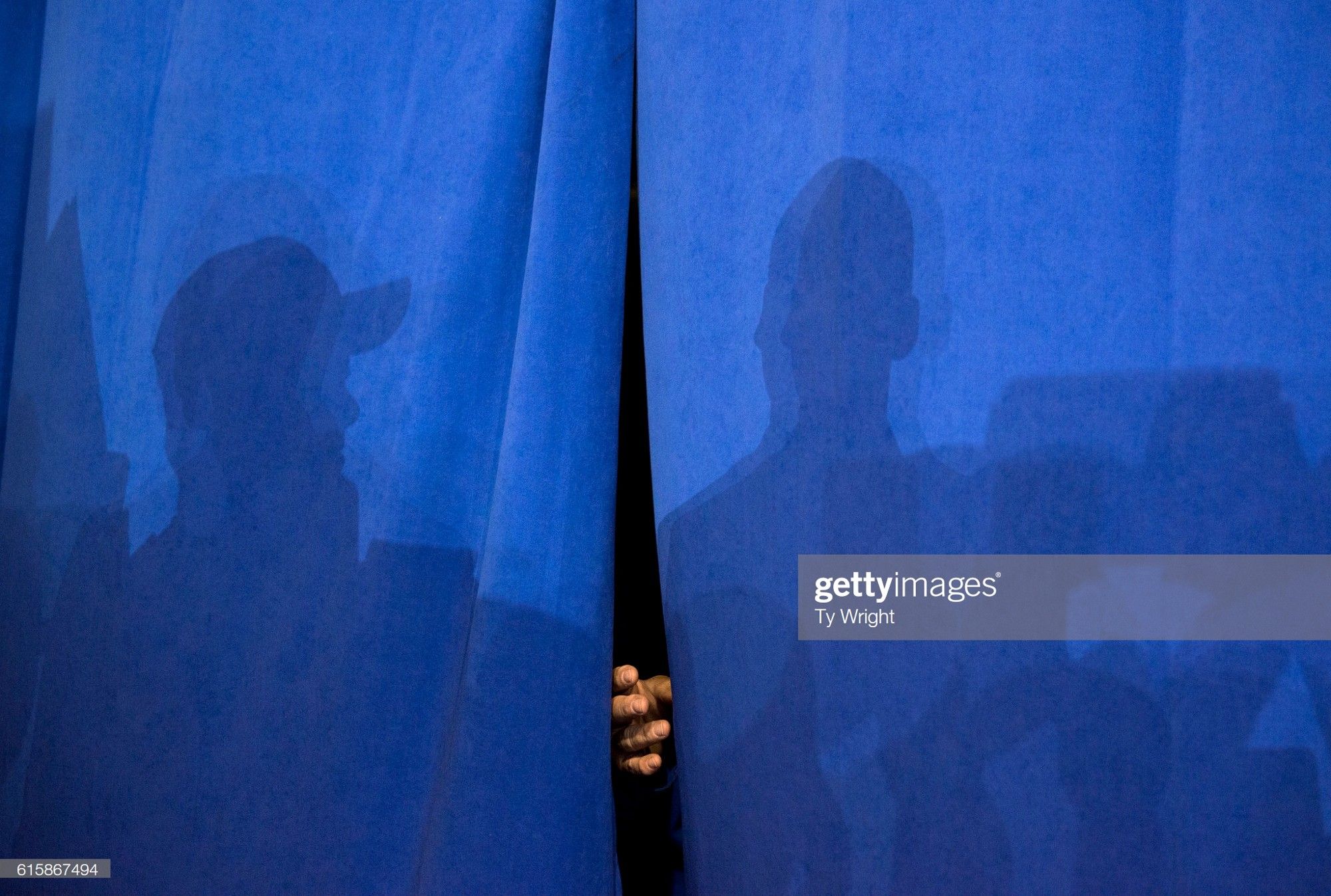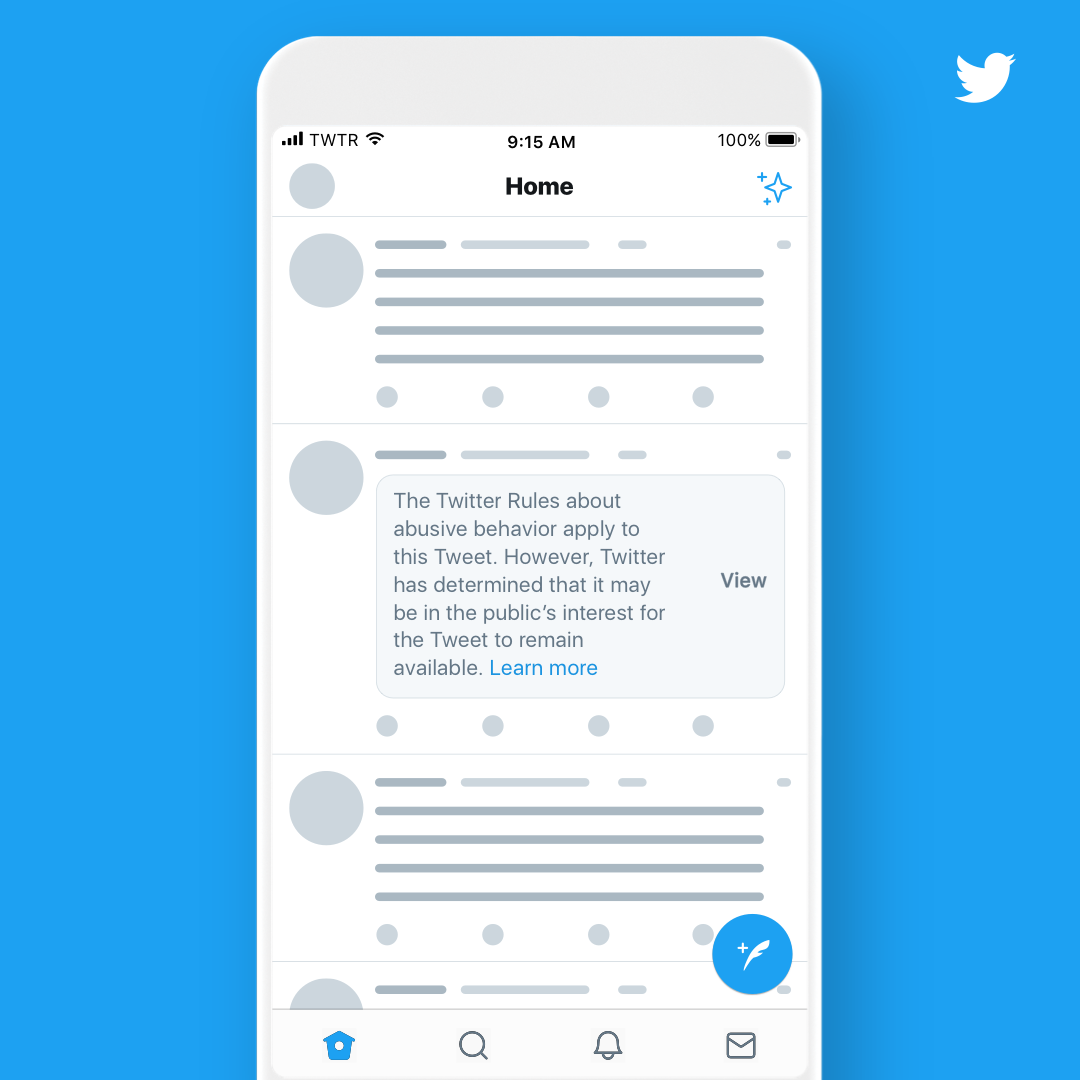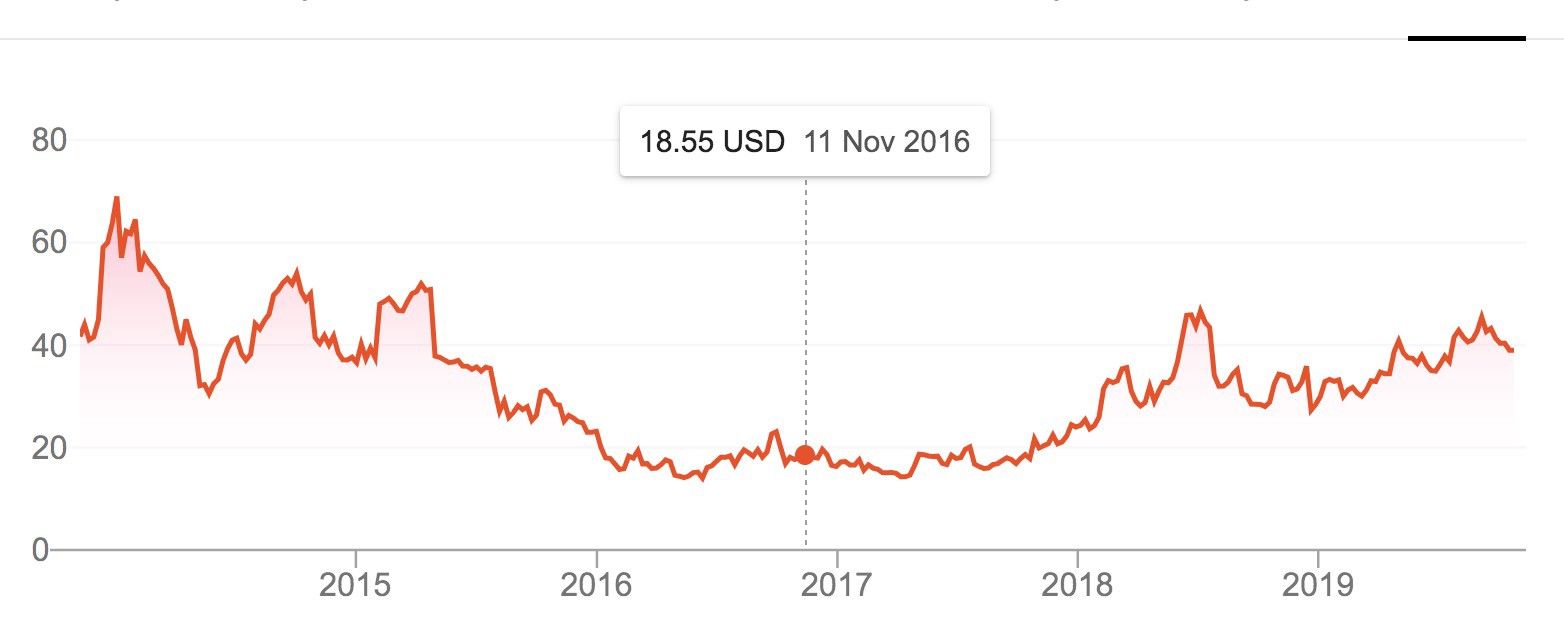The Two Classes of ‘Free Speech’ On Facebook
One for the powerful, one for the powerless.

Social media has now been divided into two classes. There is one ‘freedom of speech’ for politicians, and another for citizens. Politicians can lie, and people can die. You are now a second class citizen.
Facebook and Twitter have different policies but follow the same rotten principle. Universal free speech (with limits) has become class-based (without). Read the policies for yourself:
Facebook And Political Speech
This is from a speech by Nick Clegg, who has gone from being David Cameron’s beard to Mark Zuckerberg’s.
I want to be really clear today — we do not submit speech by politicians to our independent fact-checkers, and we generally allow it on the platform even when it would otherwise breach our normal content rules.
Of course, there are exceptions. Broadly speaking they are two-fold: where speech endangers people; and where we take money, which is why we have more stringent rules on advertising than we do for ordinary speech and rhetoric.
As Axios summarizes it, “Facebook’s policy lets politicians make just about any claim they want, in ads or posts, including repeating verbatim a false claim that has already been labelled elsewhere as false… A regular user, meanwhile, can’t make a false claim from a politician’s ad and repeat the same words without violating Facebook’s rules.”
There are now two classes of people on Facebook. Politicians can say mostly whatever (some limits on profanity and hate speech), while citizens remain moderated.
Twitter And ‘Public Interest’
Below is Twitter’s policy, which is a bit better because it labels dodgy political speech, but it still follows the same principle.

There are certain cases where it may be in the public’s interest to have access to certain Tweets, even if they would otherwise be in violation of our rules. On the rare occasions when this happens, we’ll place a notice — a screen you have to click or tap through before you see the Tweet — to provide additional context and clarity.
We’ll also take steps to make sure the Tweet is not algorithmically elevated on our service, to strike the right balance between enabling free expression, fostering accountability, and reducing the potential harm caused by these Tweets.
Again there are two classes of people. Politicians can break the rules because it’s ‘newsworthy’ (AKA good for Twitter’s business) but moderation will continue for citizens.
YouTube is an exception.
“Everyone that uploads videos on YouTube is subject to our policies, including politicians,” according to YouTube spokesperson Farshad Shadloo.
This seems like the obvious policy, the same rules for everybody, but Facebook and Twitter are determinedly creating two kinds of free speech, and two classes of people.
Free Speech Is Universal
This is not free speech. Free speech is a universal right, it is not different for different classes of people. Certain people do not have more ‘free’ speech than others. Democracies set limits on speech, and these apply to everyone. In practice, the powerful still cheat, but the principle is clear.
Facebook and Twitter are turning this principle on its head. They are explicitly segmenting their users into classes, and they’re doing it backwards. They are comforting the powerful and afflicting the powerless.
Technically, of course, Facebook and Twitter can regulate their platform however they want. Free speech is a covenant between people and governments, and you can still stand on a soapbox in the park. However, their combined monopoly power (in much of the world) means that they effectively are the town square. Social media is a public utility, especially in democracies.
So far they have been trusted to police themselves, but this complete perversion of the idea of free speech leaves that in doubt. These companies should be broken up and regulated as public utilities because they obviously won’t do it themselves. There is no way that these tech-bros should be dictating what free speech is to democracies.
In truth, their incentives are opposite to the public need. Their shareholder value increases with demagogue politicians, these are their most lucrative users. Just look at Twitter’s stock price after Donald Trump got elected:

They were going down until his racist hate speech brought them back. Asking Twitter to block Trump is literally asking them to drop their number one user. Of course, they’ll warp policy to keep him in the tent, pissing out.
In the same way, Facebook’s business in America is increasingly conservative old people who like sharing racist memes and conspiracy theories. Young progressives already view Facebook as toxic and are using it less. Their user base likes the problem. It’s a feature, not a bug.
You can see why expecting social media to police itself is a non-starter. As Upton Sinclair said, “it is difficult to get a man to understand something when his salary depends upon his not understanding it.” The profits of Facebook and Twitter depend on them not actually solving this problem.
It’s frankly galling. Free speech is meant to protect us. It is supposed to be a right which is equally available and applied to everyone, which we can use to defend ourselves against the powerful, and the predations of government. Facebook and Twitter are turning this on its head and calling it free speech.
This is not free speech. They are dividing us by class and giving the powerful even more power. Unless we break up and regulate these monopolies then our very democracies and universal rights are at risk.